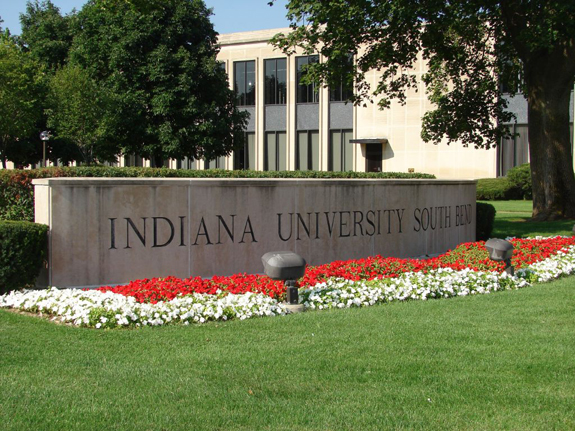 It’s been a long and winding road for a whistleblower at Indiana University, South Bend.
It’s been a long and winding road for a whistleblower at Indiana University, South Bend.
After Mark Fox, a professor of management and entrepreneurship accused two business professors of plagiarism in 2012, a university investigation found one of the two men — Douglas Agbetsiafa, the former chair of the economics department — guilty of plagiarism, and terminated him in January 2014. The other professor was cleared of any wrongdoing — then sued Fox for defamation in June, 2014.
Fox won the case, but it dragged on. More than two years later, in December 2016, the Indiana Supreme Court declined to hear an appeal.
Fox told us:
Continue reading Whistleblower gets court backing in defamation case — but at a cost
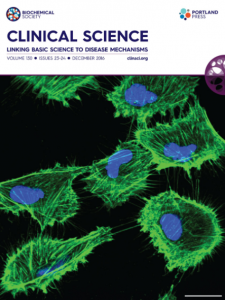

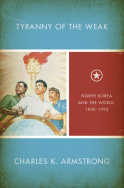 The author of a high-profile book about the history of North Korea is issuing 52 corrections to the next edition, scheduled to appear this spring. The changes
The author of a high-profile book about the history of North Korea is issuing 52 corrections to the next edition, scheduled to appear this spring. The changes 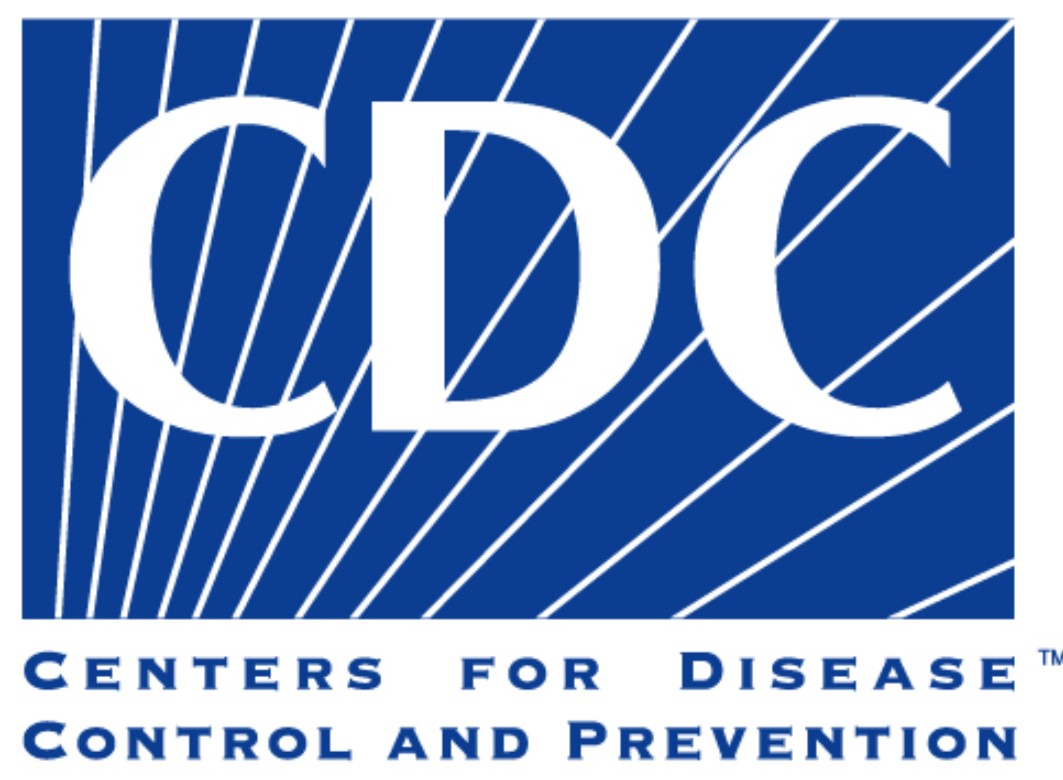 Sometimes, a seemingly run-of-the-mill retraction notice turns out to be much less straightforward.
Sometimes, a seemingly run-of-the-mill retraction notice turns out to be much less straightforward.

 An oncology journal has retracted a 2014 paper that contained a potentially fatal mistake.
An oncology journal has retracted a 2014 paper that contained a potentially fatal mistake.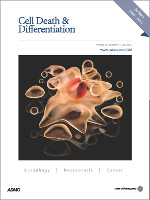 Researchers have retracted a biology paper that included an image mismatch — despite the fact that, as they claim, another image in the same paper confirms the original findings.
Researchers have retracted a biology paper that included an image mismatch — despite the fact that, as they claim, another image in the same paper confirms the original findings. A researcher who claimed image problems in a retracted paper were the result of a software glitch, and not intentional, has lost three more papers — all for image manipulation.
A researcher who claimed image problems in a retracted paper were the result of a software glitch, and not intentional, has lost three more papers — all for image manipulation. The former president of the Joslin Diabetes Center has withdrawn a second article within a month of his
The former president of the Joslin Diabetes Center has withdrawn a second article within a month of his